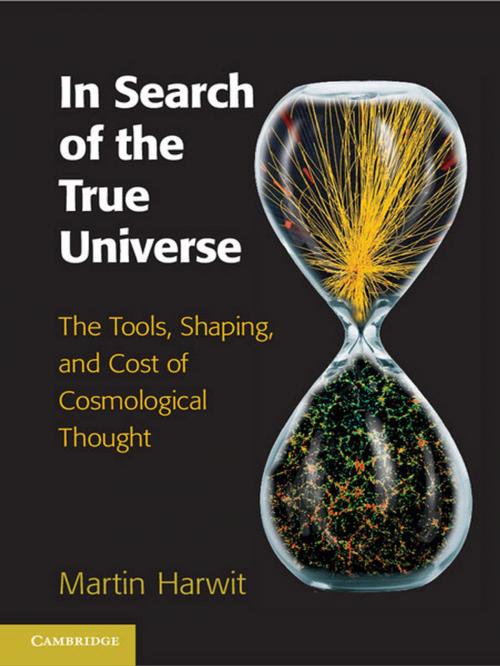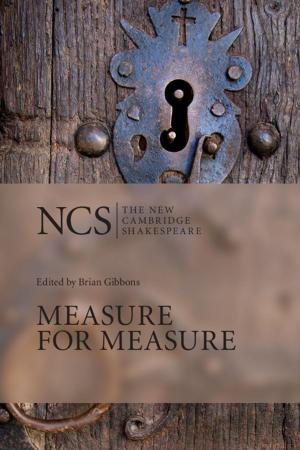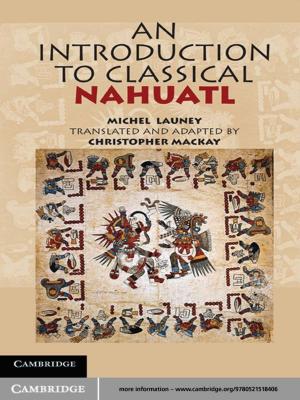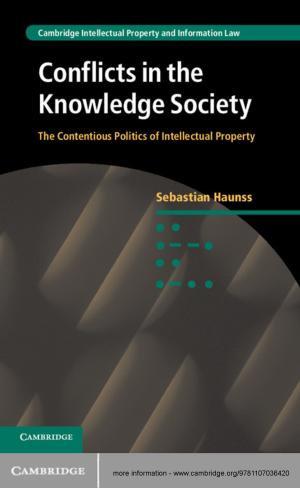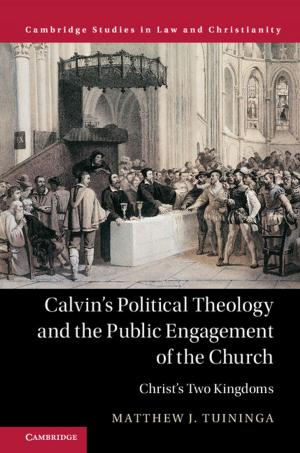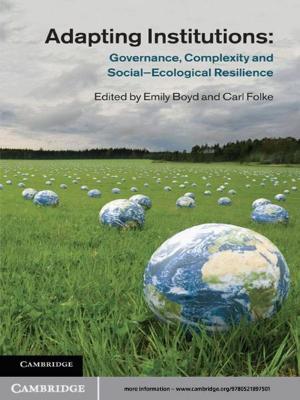In Search of the True Universe
The Tools, Shaping, and Cost of Cosmological Thought
Nonfiction, Science & Nature, Science, Physics, General Physics, Mathematics| Author: | Martin Harwit | ISBN: | 9781107703261 |
| Publisher: | Cambridge University Press | Publication: | November 18, 2013 |
| Imprint: | Cambridge University Press | Language: | English |
| Author: | Martin Harwit |
| ISBN: | 9781107703261 |
| Publisher: | Cambridge University Press |
| Publication: | November 18, 2013 |
| Imprint: | Cambridge University Press |
| Language: | English |
Astrophysicist and scholar Martin Harwit examines how our understanding of the cosmos advanced rapidly during the twentieth century and identifies the factors contributing to this progress. Astronomy, whose tools were largely imported from physics and engineering, benefited mid-century from the US policy of coupling basic research with practical national priorities. This strategy, initially developed for military and industrial purposes, provided astronomy with powerful tools yielding access - at virtually no cost - to radio, infrared, X-ray, and gamma-ray observations. Today, astronomers are investigating the new frontiers of dark matter and dark energy, critical to understanding the cosmos but of indeterminate socio-economic promise. Harwit addresses these current challenges in view of competing national priorities and proposes alternative new approaches in search of the true Universe. This is an engaging read for astrophysicists, policy makers, historians, and sociologists of science looking to learn and apply lessons from the past in gaining deeper cosmological insight.
Astrophysicist and scholar Martin Harwit examines how our understanding of the cosmos advanced rapidly during the twentieth century and identifies the factors contributing to this progress. Astronomy, whose tools were largely imported from physics and engineering, benefited mid-century from the US policy of coupling basic research with practical national priorities. This strategy, initially developed for military and industrial purposes, provided astronomy with powerful tools yielding access - at virtually no cost - to radio, infrared, X-ray, and gamma-ray observations. Today, astronomers are investigating the new frontiers of dark matter and dark energy, critical to understanding the cosmos but of indeterminate socio-economic promise. Harwit addresses these current challenges in view of competing national priorities and proposes alternative new approaches in search of the true Universe. This is an engaging read for astrophysicists, policy makers, historians, and sociologists of science looking to learn and apply lessons from the past in gaining deeper cosmological insight.
